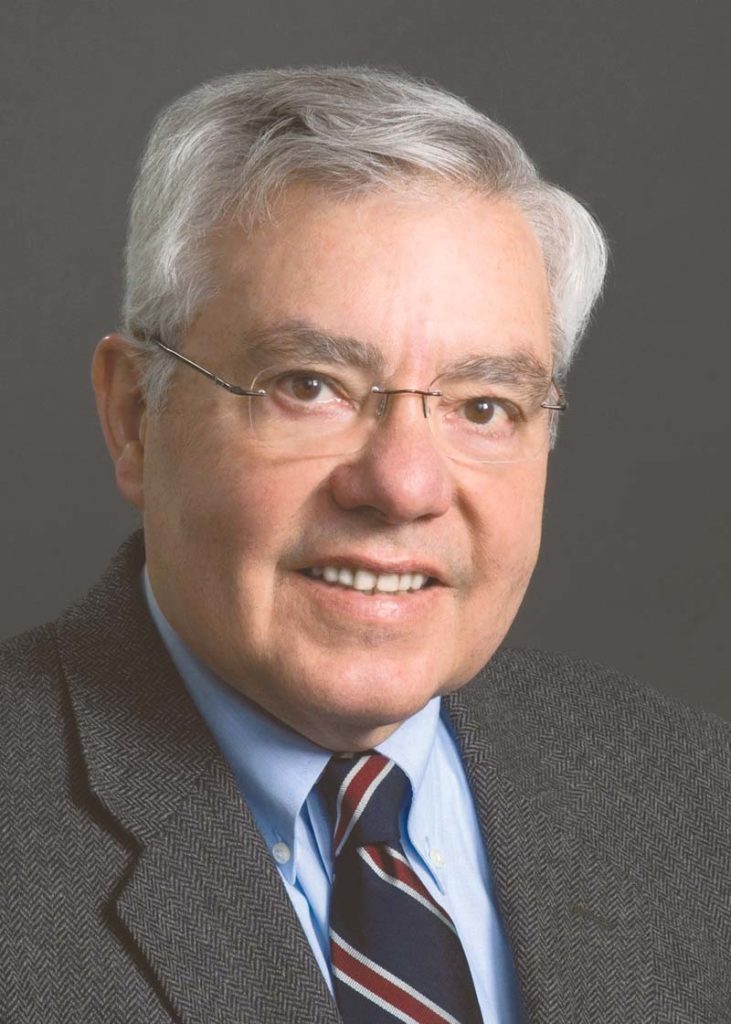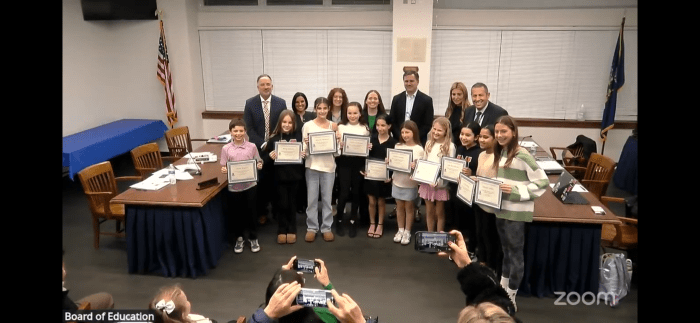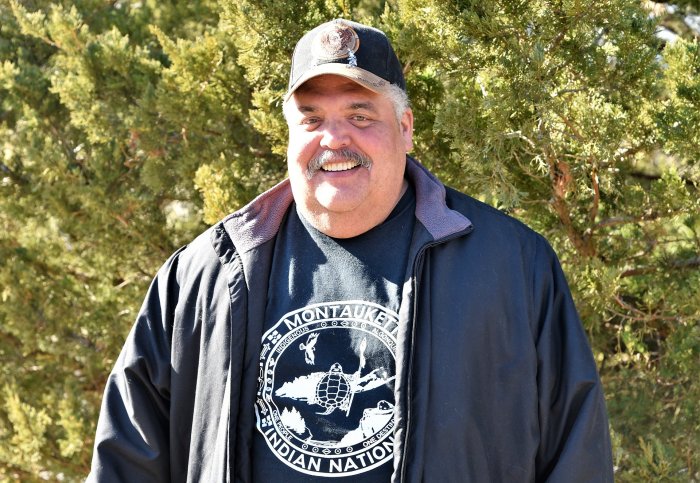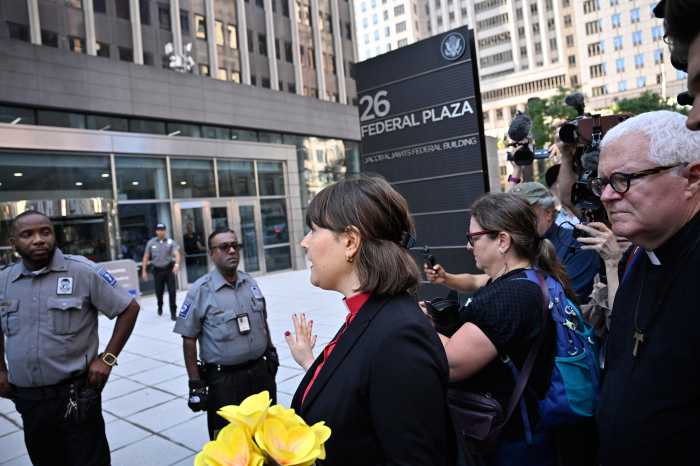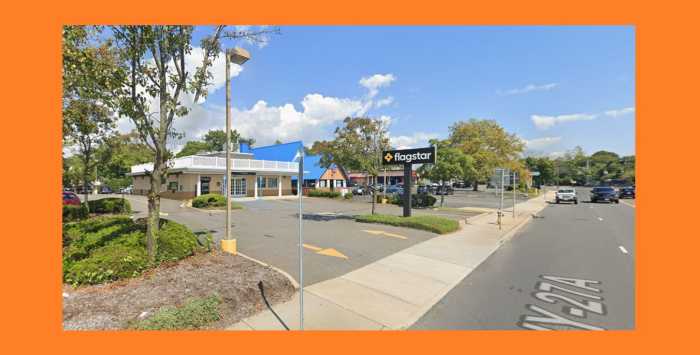When Northwell nephrologist and long-time Manhasset resident, Lionel Mailloux, MD, announced his retirement from the clinical practice of medicine a couple of years ago, he knew that he would remain committed to sharing his knowledge of the field of nephrology, the branch of medicine that focuses on the physiology and diseases of the kidney. Mailloux, who spent more than 50 years specializing in the field, says that he chose nephrology because it was (and continues to be) “intellectually stimulating and challenging.”
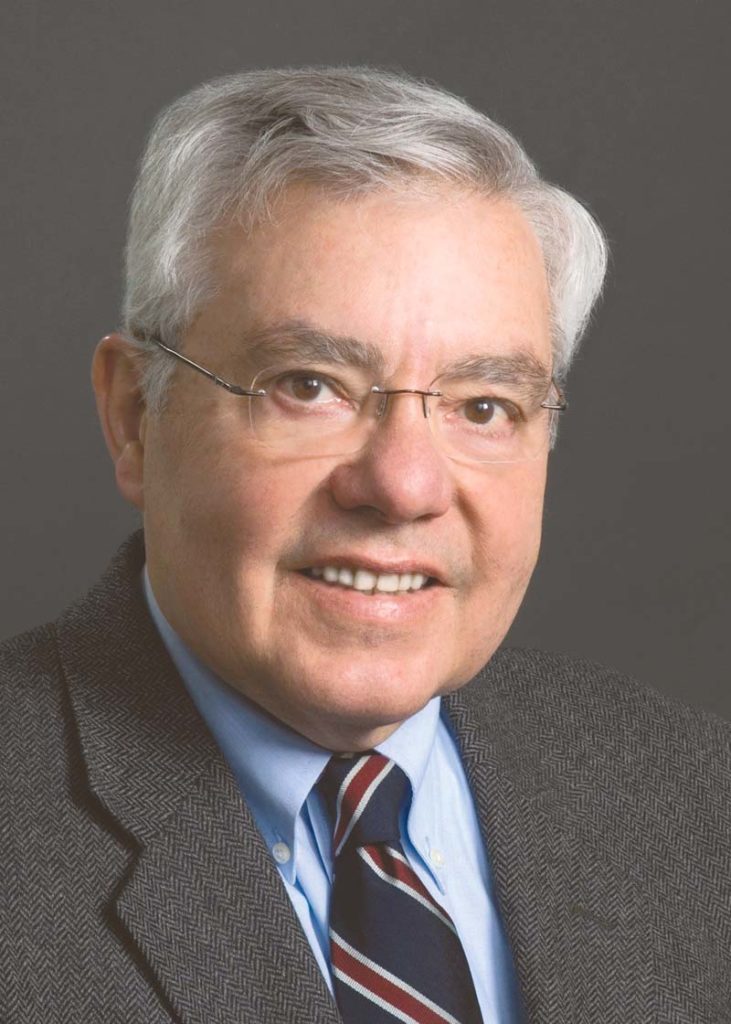
Mailloux entered the field of nephrology when options and resources for patients were limited. However, in the 1970s, Medicare began to cover dialysis treatment for everyone with end-stage renal disease (ESRD), so anyone who needed dialysis got immediate access. In recent years, as quality-of-life considerations in medical decision making began to be explored, the physical, emotional, and social impact on patients with ESRD requiring dialysis or transplantation were acknowledged.
With this acknowledgment in mind, Mailloux was part of a large team that collaborated on “Living with Dialysis,” a 20-2021 academic year event for the Osler Society-Humanities in Medicine program at Zucker School of Medicine at Hofstra/Northwell (ZSOM). The program included a virtual performance of The Time Between, written by Julie Spector, playwright and Hofstra University student. Using interviews conducted by ZSOM medical and nursing students at the DaVita Dialysis Center of Port Washington, Spector wove the interviews about life on dialysis into a powerful, cohesive performance that examined the demands of a chronic illness and the desire to live a normal life. Life on dialysis requires several hours per day, several days per week commitment. It is an arduous journey. Those interviewed included healthcare providers and family caregivers, along with the most important of all—the actual patients and central stakeholders who are “living with dialysis,” some of whom were patients of Dr. Mailloux before he retired. They remained informally connected through the dialysis center until COVID restrictions stopped his frequent visits.
The “Living with Dialysis” program took more than a year to come to fruition, and its original “in-person” presentation scheduled for spring 2020 at ZSOM was presented virtually in December. In addition to the time he spends with his family, Mailloux stays active with virtual speaking engagements, his most recent one with the Long Island Transplant Recipients International Organization (LI TRIO). He hopes to resume giving nephrology lectures to the next generation of Northwell physicians in the spring.
For more information about the mission and scheduled events of the Humanities in Medicine program at the Zucker School of Medicine at Hofstra/Northwell, visit medicine.hofstra.edu/humanities. Information on kidney disease can be found on the website for the National Kidney Foundation at www.kidney.org.




